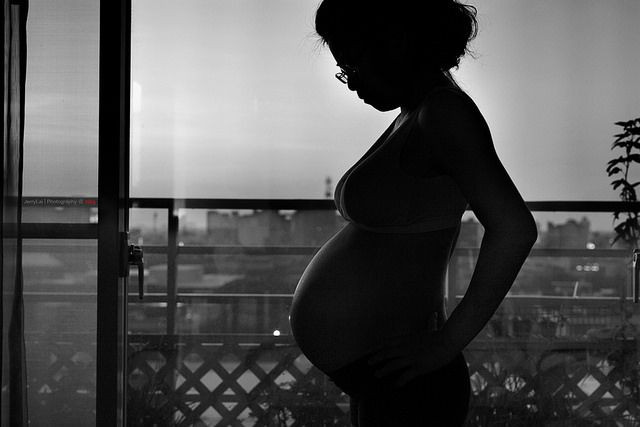Benefits Of Breastfeeding Are Not Limited To The Baby; It May Lower Type 2 Diabetes Risk In Some Mothers, Too

A new study finds that, following gestational diabetes, women who breastfeed immediately after giving birth are half as likely to develop type 2 diabetes within two years, when compared with women with the same condition who exclusively formula feed. The finding further cements the idea that breastfeeding is not only beneficial to the child’s health but also the mother’s.
According to the American Diabetes Association, gestational diabetes is a condition where a woman will develop high blood glucose, or blood sugar, during pregnancy. The condition is believed to affect between 5 and 9 percent of American pregnancies and does not necessarily mean that women had diabetes prior to conceiving or that they will continue to experience the condition following childbirth. However, according to the recent press release, women who have had gestational diabetes are about seven times more likely to develop type 2 diabetes with several years after pregnancy.
Although it has been suspected that breastfeeding may lower this risk, a recent study conducted by researchers from Kaiser Permanente, a health care company located in Northern California, has confirmed this theory. For the study, researchers followed more than 1,000 women who had experienced gestational diabetes for up to four years following childbirth. The researchers took note of whether or not they breastfed following childbirth, and if so, for how long. According to the press release, 75 percent of the volunteers described themselves as Hispanic, Asian, or black. The women received in-person exams, which included oral glucose tolerance tests at six to nine weeks following delivery and again at one- and two-year intervals.
Results revealed that almost 12 percent of women in the study developed type 2 diabetes within two years after delivery. However, those who exclusively formula fed their babies at 6 to 9 weeks of age were more than twice as likely to develop diabetes as the women who exclusively breastfed their babies. Women who breastfed experienced between a 35 and 57 percent reduction in two-year diabetes risk, depending on the intensity of lactation.
"These findings highlight the importance of prioritizing breastfeeding education and support for women with gestational diabetes as part of early diabetes prevention efforts by health care systems," said lead author Dr. Erica Gunderson in a statement. According to Gunderson, both the level of intensity and the duration of breastfeeding could offer unique benefits to protect women against type 2 diabetes following gestational diabetes.
Although many think of breastfeeding as being beneficial to a child’s health, this is not the first study to highlight the perks of breastfeeding for a mother’s welfare. In a study conducted earlier this year, researchers from the same research institute found that breastfeeding may also lower a mother’s risk of developing breast cancer, and possibly even improve her prognosis if she is diagnosed. The study followed more than 1,600 women who had had breast cancer, and found that those who breastfed had an overall 30 percent lower risk of recurrent breast cancer. Women who breastfed also had a 28 percent reduced risk of dying from breast cancer.
In addition to physical health benefits, breastfeeding also stimulates the release of the hormone oxytocin, which can help improve a mother’s mental health by reducing stress levels, blood pressure, and her overall risk for postpartum depression.
Source: Gunderson EP, Hurston SR, Ning X, et al. Lactation and Progression to Type 2 Diabetes Mellitus After Gestational Diabetes Mellitus: A Prospective Cohort. Annals of Internal Medicine. 2015.
Published by Medicaldaily.com



























